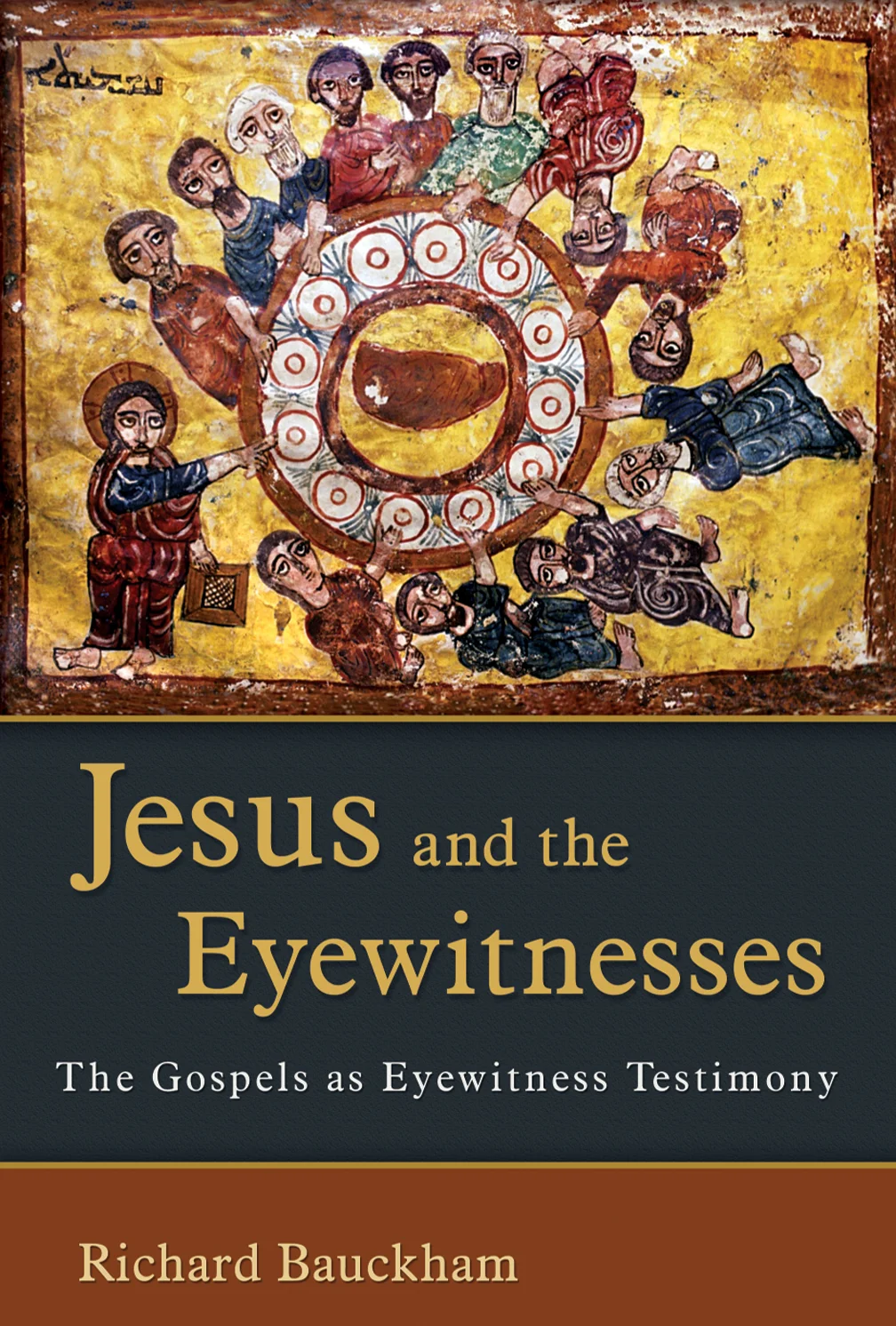Richard Sibbes was born in Suffolk, England in 1577 and was a minister of the gospel until his death in 1635. Perhaps the gentlest of the Puritans, The Bruised Reed speaks gospel comfort to those struggling with their faith. "Sibbes never wastes the student's time," wrote Charles Spurgeon, "he scatters pearls and diamonds with both hands."
Following his compassionate healing of a man with a withered hand on the Sabbath, Matthew quotes from Isaiah 42 and says that Jesus will not break off "a bruised reed" and "a smoking flax he shall not quench." Jesus is filled with tenderness and mercy to those who are hurt, broken, and weak. The bruising is, in fact, from him. Sibbes shares that "After conversion we need bruising so that reeds may show themselves to be reeds, and not oaks." This bruising shows us that "we live by mercy."














